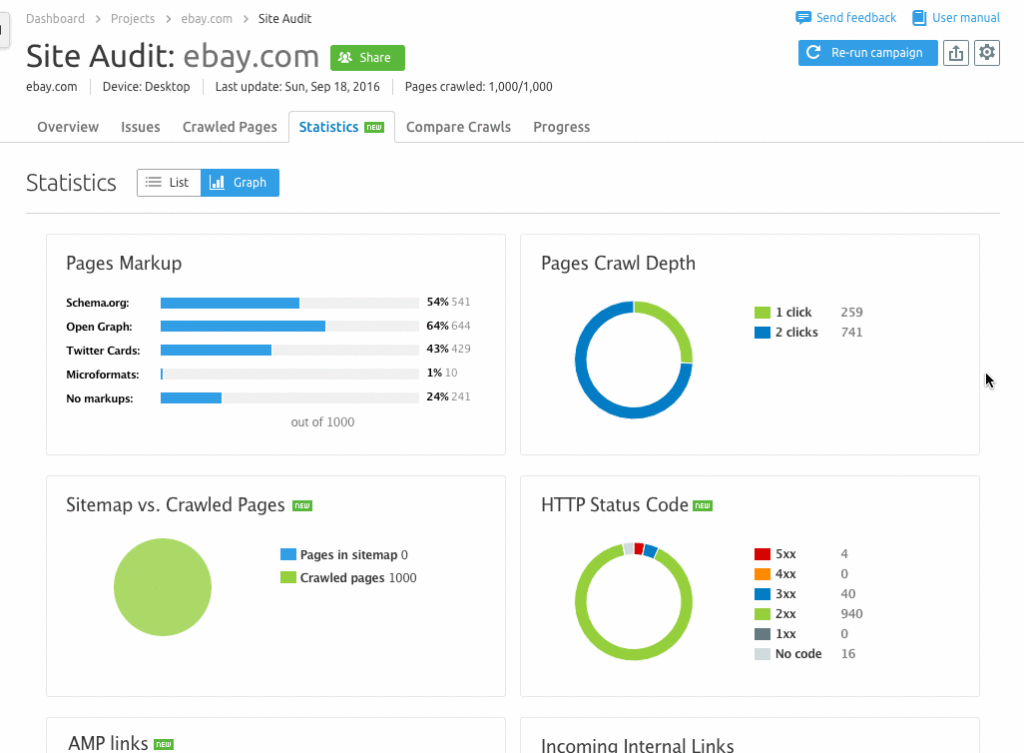 DIY SEO Strategy Startup
DIY SEO Strategy Startup Remember all the Pinterest DIY posts on how to redecorate your house all by yourself? You wouldn't think SEO can fall into these categories. We are so used to thinking that Search Engine Optimization (SEO) is a monstrous creature only to be tamed by professional webmasters and SEO agencies that doing it alone seems like a mission impossible. So what can a startup with limited budgets and resources do to create an SEO strategy without external help?
What is SEO?SEO stands for "search engine optimization". According to Forbes, it is essentially
"the process of aligning your website to the standards and recommendations of search engines in order to get increased traffic and visibility from search engine results".
Why SEO Strategy for Startups?Startups tend to prioritise their activities for business development, as they don't have the capacity to invest in everything at the same time. Thus, SEO often gets disregarded as too long-term effort with no guarantees. But to really understand the value of SEO for your emerging business, you have to be aware of all the advantages it has to offer.
SEO can help you:
After all, startups live and die by their visibility, and SEO is precisely about that.
And if you are patient enough to build a concise and thorough SEO strategy, you can achieve all of these goals and become one of the lucky 25% of successful startups who didn't see their post-mortem within 10 years of the existence.
Shout Out to Help from SEO ToolsNow when you know exactly why is it that you need SEO, it is time to reveal how exactly you can leverage each area of search engine optimization.
But before you get completely frustrated and overwhelmed with the scale of work to do, there is one thing you should know – you don't have to do it all by yourself. Nobody does. So it is completely up to you whether you'll choose an all-in-one SEO and digital marketing tool like SEMrush that covers every area of SEO you have to take care of, or you will give your preference to instruments specifically built and designed to solve a particular issue: like Monitor Backlinks for competitor backlink monitoring, LongTailPRO for fetching up a keyword strategy, or Moat for uncovering competitors' advertising campaigns.
SEO for Startups: Which Areas to Focus On?One of the biggest challenges with SEO comes from the fact that it is overwhelmingly diverse and it is often hard to know where to start with and how to follow some logical order. By establishing that order, you'll see how that challenging task becomes clearer and more feasible.
Optimize Your Website for Organic SearchIf you want to perform well in the search results, you should always start with your website. There are so many possible errors to watch out for that the sheer amount of mistakes can get you stuck on this step for a very while, but there is no way you can go around it.
 GIF from Site Audit Tool
GIF from Site Audit Tool The recent study on the most common and the most harmful SEO mistakes (we suggest that you give it a thorough read) indicates that the biggest issues to avoid are:
Your rankings get improved not only through on-site optimization but also through the authority gained from external sources (off-page SEO). A startup that is just starting to grow needs all the coverage it can get. The mixture of PR, influencers and backlinks can be incredibly efficient for enhancing your SEO strategy.
Your biggest challenge is beating your competition. Especially when you are new to the market. There is a lot you can learn from those who have already done their homework. And the best use of competition research is for your keyword and paid advertising strategy.
 Image from Long Tail Pro
Image from Long Tail Pro Whether you like it or not, your digital success does not only come from the efforts you invest in your website or digital marketing campaign. In fact, as a startup, appearing in SERP Features can be your best chance to rank among the top players.
Google's featured snippets, or "position zero" on the SERP, offers a great opportunity to get ahead of your competitors in the search results.
To grab a "zero position" you have to know how to optimize for it. The basic steps entail creating content that precisely answers a question that might be highlighted in a Features Snippet. You should also pay attention to formatting, the character count and the very way your content is presented on the page you'd like to qualify for the position "zero".
Final WordsAlthough it may seem overwhelming and still difficult, SEO has pretty much everything to help your startup grow in the fragile yet crucial early stages of your development. You don't have to get all technical with SEO at this point, hence, following some basic steps will lead to your brand's discovery and help you to gain a solid spot in your chosen field.
Source: Yes We Can: Build Your Startup's SEO Strategy All By Yourself
No comments:
Post a Comment